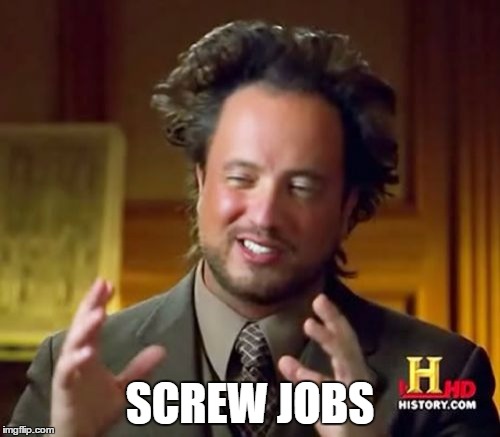This is just a continuation of what we went over at least a dozen times immediately after the season. If the play was correctly called on the field it wouldn't have been reversed and the league would have admitted a mistake was made by reversing the call. The ground can't cause a fumble period. I'm going to continue to repeat what I've been saying until you get tired of hearing it. Under the RULE for a receiver "who's going to the ground" to have control of the football they must maintain control of it through the contact of the ground and Dez clearly didn't. EVERYONE agrees Dez caught the football but under the RULE because his momentum was taking him to the ground he must maintain control of it through the contact of the ground and he DIDN'T!
The play has been examined and dissected frame by frame like the Zapruder film and 3 things are very clear Dez is going to the ground, the ball clearly touched the ground and it clearly came loose immediately upon contacting the ground which equals no catch under the RULE. You're arguing what the league confirmed to be a correct call by RULE. The call wasn't bad the RULE is bad. Training camp is 9 days away continuing to argue this isn't going to change anyone's opinion we're just wasting time rehashing what's already been argued numerous times over the past 7 months....enough already!
KJJ, explain this. Explain how "control through contact of the ground"
is different than "down by contact", how that supercedes the following,
even if Dez is determined to be a reciever. Look carefully at note 1, and realize Dez
didn't even have to make the SEVEN football moves he made.
Article 3
Completed or Intercepted Pass.
A player who makes a catch may advance the ball. A forward pass is complete
(by the offense) or intercepted (by the defense) if a player, who is inbounds:
(a) secures control of the ball in his hands or arms prior to the ball touching the ground; and
(b) touches the ground inbounds with both feet or with any part of his body other than his hands; and
(c) maintains control of the ball long enough, after (a) and (b) have been fulfilled, to enable him to perform any act
common to the game (i.e., maintaining control long enough to pitch it, pass it, advance with it, or avoid or ward off an
opponent, etc.).
Note 1: It is not necessary that he commit such an act, provided that he maintains control of the ball long enough to do so.






